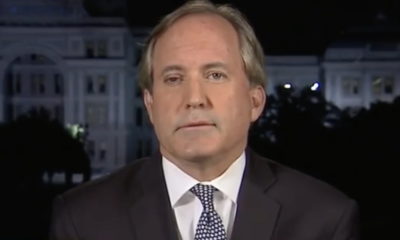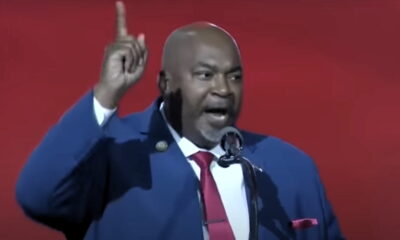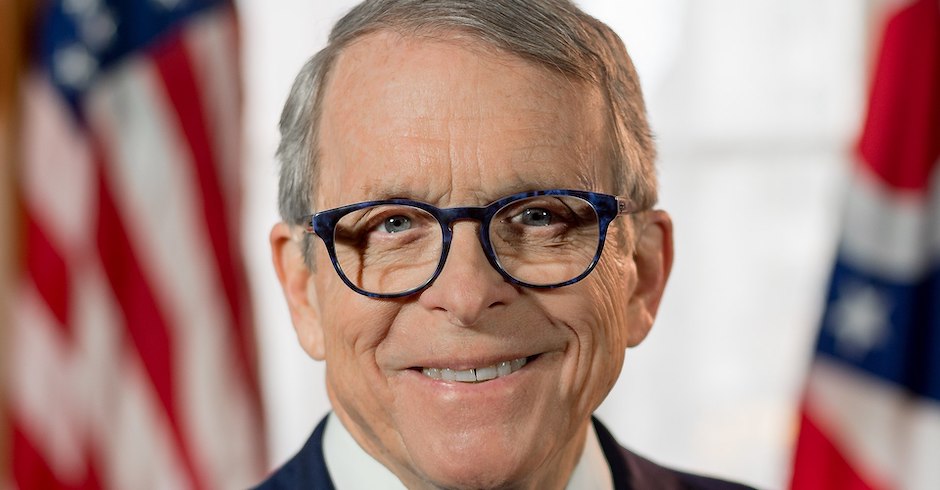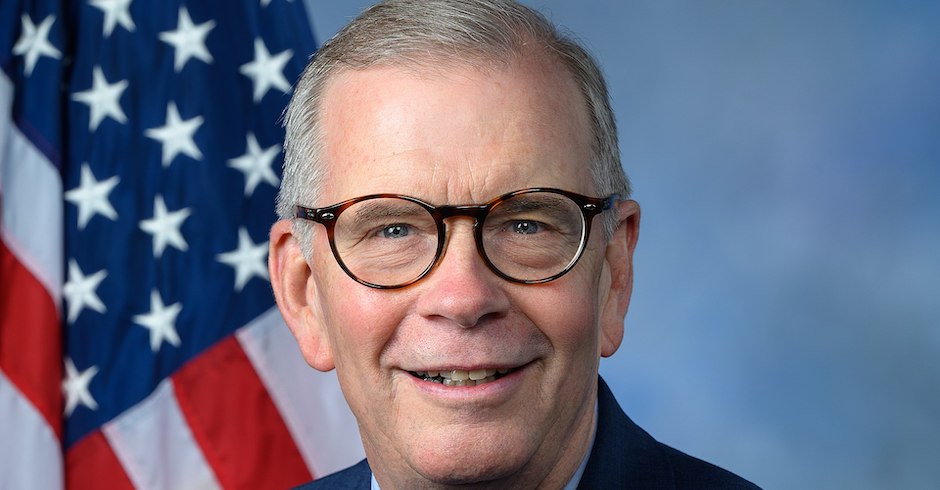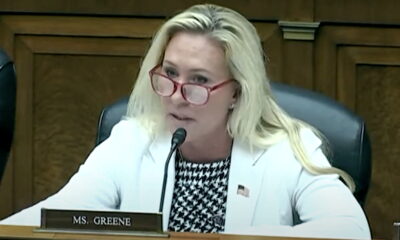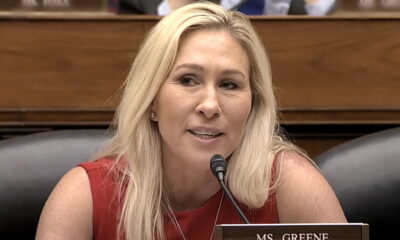LGBT
New GenForward Survey Aims to Debunk Millennial Views on LGBTQ Issues

GenForward is a nationally representative survey of Millennials led by Dr. Cathy Cohen from the University of Chicago fielded by NORC with oversamples of African American, Latinx and Asian American Millennials ages 18-34. This survey, taken from May 17 to June 3, 2018, includes interviews with 525 African American, 256 Asian American, 502 Latinx, and 553 white Millennials.
Do more Millennials self-identify as LGBTQ than in past generations… or are they just more open about it? Are they more connected to their ethnic/racial group or to LGBTQ communities? What are their priorities? Millennials are America’s largest, most diverse generation and potential voting bloc. What are they thinking?
For the first time, a new survey, GenForward: Millennials Views on LGBT Issues: Race, Identity and Experience asks these questions, and more, across Race, Ethnicity and Sexual Orientation.
Interestingly, the survey showed that LGBTQ Millennials, while clearly concerned with bullying, are concerned with equal employment rights to almost the same degree.
Majorities across racial and ethnic groups support adoption by LGBTQ parents, though African American (+4%), Latinx (+9%), and white Millennials (+13%) are more likely to support adoption by lesbians and gays than by transgender parents.
Below are some additional key takeaways from the survey.
Identifying as LGBTQ. Approximately 14% of Millennials identify as something other than straight/heterosexual. Larger percentages of Latinx Millennials (22%) identify as LGBTQ compared with African Americans (14%), whites (13%), and Asian Americans (9%).
Group Solidarity. Millennials who identify as LGBT, independent of race and ethnic group, express higher levels of group solidarity, or “linked fate,” with other LGBT people compared to the linked fate Millennials who identify as straight/heterosexual feel toward other straight/heterosexual young adults.
Knowing Someone Who is LGBT. Large majorities of Millennials across race/ethnicity know someone who is gay or lesbian. Fewer, though still substantial, know someone who is transgender. White Millennials are the most likely to know a transgender person (36%) compared to other racial/ethnic groups (~22%).
Anti-LGBT Discrimination in the U.S. Millennials are more likely to say there is “a lot” of discrimination against transgender people compared to lesbians and gays (46% vs. 34%).
Anti-LG Discrimination in Racial Communities. Majorities of Latinxs (61%) and Asian Americans (53%) say there is “a lot” of discrimination against lesbians and gays in their racial community, compared to 43% of African Americans and 27% of whites.
Anti-Transgender Discrimination in Racial Communities. Majorities of Asian Americans (64%) and African Americans (58%) and pluralities of Latinxs (49%) and whites (47%) say there is “a lot” of discrimination against transgender people in their racial community.
Racial Tensions in the LGBT Movement. Majorities of African American (53%) and Latinx (50%) Millennials believe that the issues confronting LGBT individuals in communities of color are very different than the issues being promoted by mainstream organizations. In contrast, the majority of white (58%) and Asian American (54%) Millennials believe that all LGBT individuals benefit when mainstream LGBT organizations fight for basic rights.
LGBT Views of the LGBT Movement. Millennials who identify as LGBT are also more likely (52%) to believe that issues confronting people of color who are LGBT are very different from those that are promoted by mainstream LGBT organizations.
Accepting LGBT Children. Majorities of Millennials say they could accept their son or daughter being LGBT. White Millennials (80%) expressed the greatest acceptance toward having a child that identified as LGBT, followed by Asian American (76%), Latinx (75%), and finally African American (68%) Millennials.
LGBT Millennials. Of Millennials who identify as LGBT, over one fifth, or 21%, believe that homosexuality is a moral detriment, while among Millennials who identify as straight, 40% agree that homosexuality is damaging to society’s moral values.
A total of 1,886 interviews were conducted representing the 50 states and the District of Columbia. The survey was offered in English and Spanish and made available via telephone and web modes.
The full report on this data can be found at the GenForward website.
Enjoy this piece?
… then let us make a small request. The New Civil Rights Movement depends on readers like you to meet our ongoing expenses and continue producing quality progressive journalism. Three Silicon Valley giants consume 70 percent of all online advertising dollars, so we need your help to continue doing what we do.
NCRM is independent. You won’t find mainstream media bias here. From unflinching coverage of religious extremism, to spotlighting efforts to roll back our rights, NCRM continues to speak truth to power. America needs independent voices like NCRM to be sure no one is forgotten.
Every reader contribution, whatever the amount, makes a tremendous difference. Help ensure NCRM remains independent long into the future. Support progressive journalism with a one-time contribution to NCRM, or click here to become a subscriber. Thank you. Click here to donate by check.
 |







